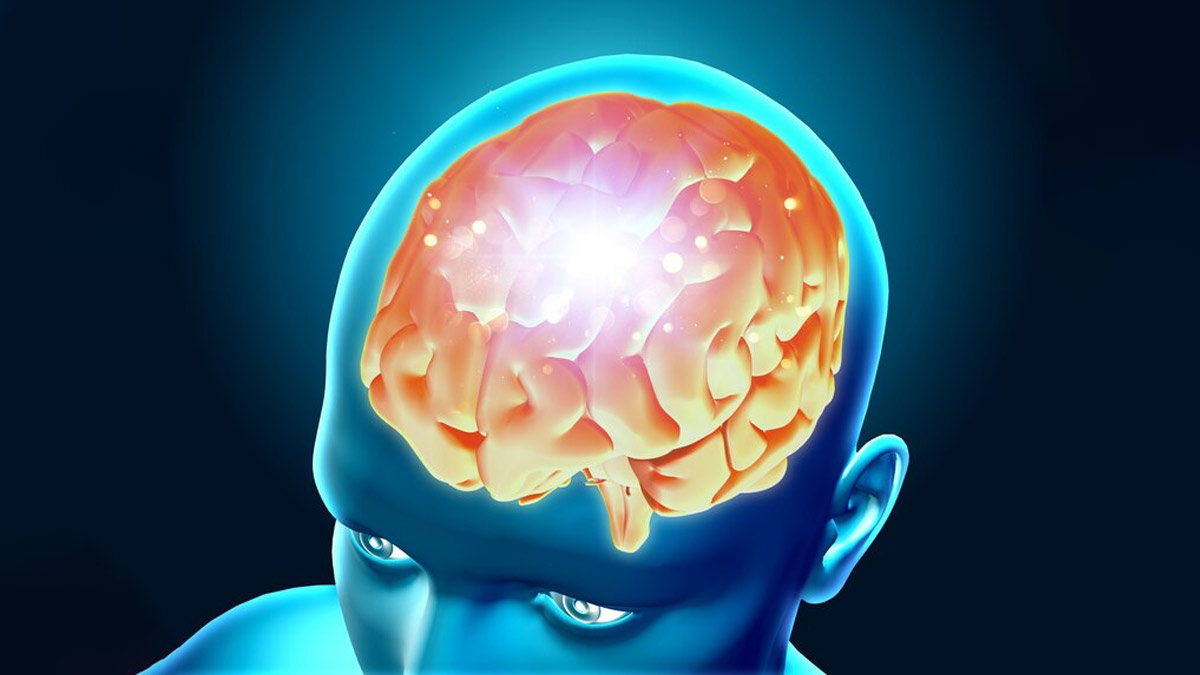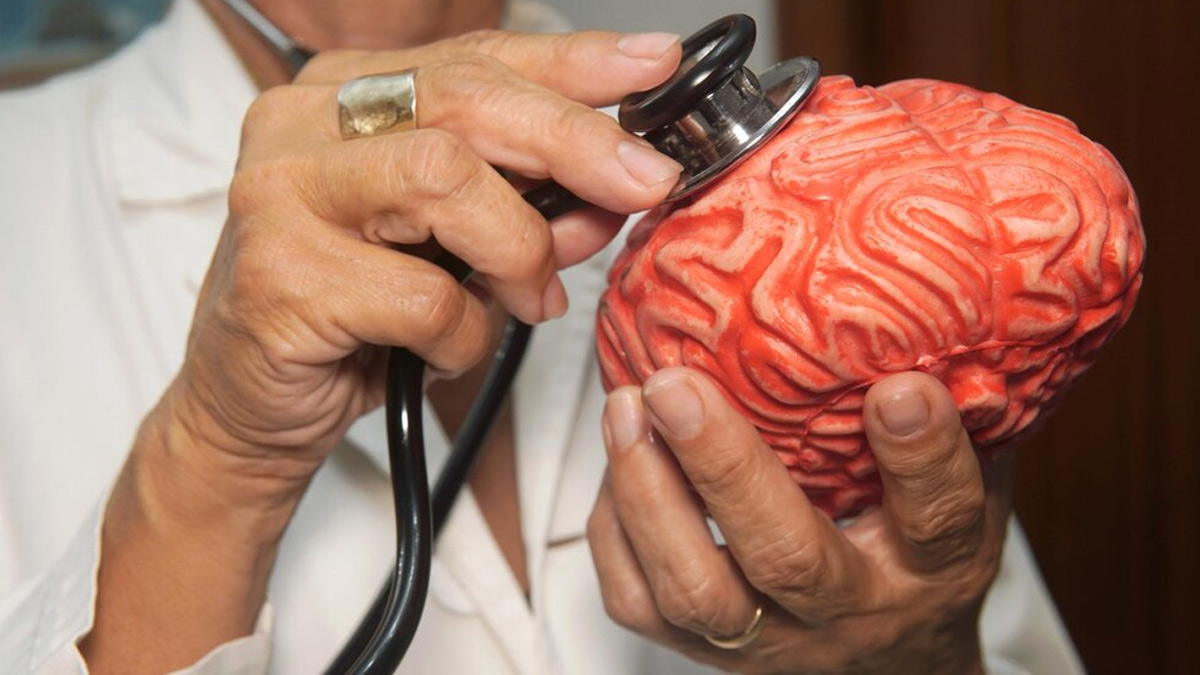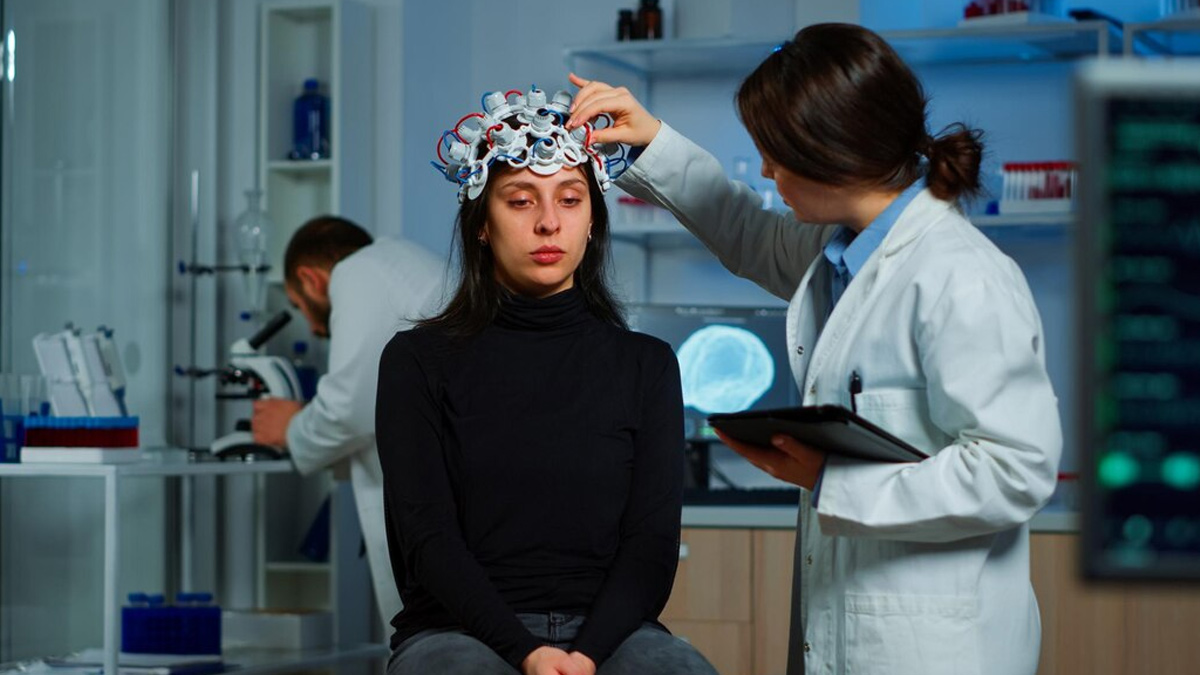
Brain tumours are abnormal growths of supporting cells within the brain and its covering tissues. While all brain cancers are tumours, not all tumours in the brain are cancerous. Malignant brain tumours can invade surrounding tissues and spread to other body parts, while benign tumours typically do not. While tumours which originated in other parts of the body can spread to the brain via the bloodstream, primary brain tumours are confined to the brain.
Table of Content:-
We spoke to our expert Dr Sunil Furtado, HOD – Senior Consultant – Department of Neurosurgery and Spine, Ramaiah Institute of Neurosciences, Ramaiah Memorial Hospital, Bengaluru, who shared insights on brain tumours.
“In India, nearly 40,000 – 50,000 people are diagnosed with brain tumours. Although primary brain cancers are less frequent when compared with cancers in other parts of the body, they still contribute majorly to cancer fatalities. Its incidence is 2-3 per 100,000 population”, highlighted Dr Furtado.
Causes and Types of Brain Tumours

Genetic mutation is the primary cause of brain cancer. Among children, brain tumours are the second most common cancer after leukaemia. According to the National Brain Tumor Society, around 70% of brain tumours diagnosed in adults are benign and the remaining 30% are malignant. There are about 120 distinct varieties of brain tumours characterised by size, location, cell of origin and grade of tumours.
Benign Brain Tumours
Dr Furtado, “Generally, benign brain tumours are non-cancerous and grow slowly. They can produce symptoms by pushing on surrounding structures, although it is often not life-threatening. The common forms of benign brain tumours include meningiomas, low-grade gliomas, pituitary adenomas, and acoustic neuromas.”
Malignant Brain Tumours
“Malignant brain tumours, on the other hand, are cancerous growths that develop quickly and have the potential to rapidly infiltrate surrounding tissues. These brain tumours are further classed according to their origin and severity, with glioblastoma multiforme being one of the most aggressive types”, added Dr Furtado.
Also Read: World Brain Tumour Day: Can Excessive Smoking And Alcohol Consumption Increase The Risk?
Symptoms Of Brain Tumour

The signs and symptoms of brain tumours are varied, but it is important to note that the severity of the symptoms also depends on the size, aggressiveness, location and growth of the tumour.
Dr Furtado added, “One of the early signs of a rapidly growing brain tumour is a raised intracranial pressure, causing severe headaches. This symptom is accompanied by vomiting. The triad of increased severity of headache not relieved by over-the-counter medication, vomiting, and blurred vision is a red flag for raised intracranial pressure.”
Other symptoms include:
- Hand and leg weakness
- Slurred speech
- Loss of hearing and memory
- Imbalance and poorly coordinated hand and leg movements (for tumours in the cerebellum)
Diagnosis For Brain Tumour

A neurological exam is an important initial step in detecting both benign and malignant brain tumours since it evaluates muscle power, balance, coordination, vision, hearing, and equilibrium to determine the affected brain region.
Imaging and Surgical Diagnosis
One of the first steps in diagnosing a tumour is through magnetic resonance imaging, popularly known as MRI. The MRI not only shows the presence of a tumour but is also helpful in identifying the aggressiveness of a tumour.
Dr Furtado highlighted, “Surgery to remove the tumour tissue followed by tissue examination is the gold standard in brain tumours diagnosis. This is typically performed by opening the skull (craniotomy) and removing as much tumour as possible causing the least damage to vital brain structures. Computer-guided surgery (neuronavigation) along with high-end operative neurosurgical microscopes and special brain function monitors during surgery help in achieving this objective.”
Tumours in deep-seated or vital locations can be biopsied using special computer-guided (stereotactic) techniques for biopsy. The biopsied tissue is then subjected to various pathology tests including genetic and molecular tests, which guide in further treatment and prognosticate outcome.
Treatment For Brain Tumour

Treatment for Grade I and II Tumours
Grade I and II brain tumours are generally non-aggressive. They are treated with surgery and continuous monitoring of the patient to ensure there is no recurrence or tumour growth.
Treatment for Grade III and IV Tumours
“In cases of grade III and IV tumours, these require radiation and chemotherapy beyond surgery. During radiation therapy, high-energy X-rays are used to destroy, stop or slow the growth of tumour cells. There are recent advances in delivering radiation to the targeted area of the tumour with the least injury to normal surrounding tissue”, said Dr Furtado.
In cases where chemotherapy is required, an oncologist uses drugs to destroy tumour cells by halting their growth and ability to multiply. Systemic chemotherapy drugs travel through the bloodstream to reach the tumour cells. Some of the more commonly used ways of giving chemotherapy are through pills, which are swallowed or through Intravenous (IV) injections. More recently, immunotherapy has been used for high-grade brain tumours. Targeted therapy targets molecules involved in early tumour development and the status currently is 'work in progress'.
Bottomline
Dr Furtado concluded, “A consensus decision on brain tumour management involving these specialities called the 'tumour board recommendation' is the current best practice. Pre and post-surgical counselling of patients and relatives is paramount to having a meaningful treatment outcome. Early detection, accurate diagnosis, and appropriate treatment are critical to improving outcomes and quality of life of individuals affected by brain tumours. Ongoing research into new diagnostic tools and treatment modalities holds promise in improving patient outcomes.”
[Disclaimer: This article contains information provided by an expert and is for informational purposes only. Hence, we advise you to consult your expert if you are dealing with any health issues to get the necessary treatment.]
Also watch this video
How we keep this article up to date:
We work with experts and keep a close eye on the latest in health and wellness. Whenever there is a new research or helpful information, we update our articles with accurate and useful advice.
Current Version